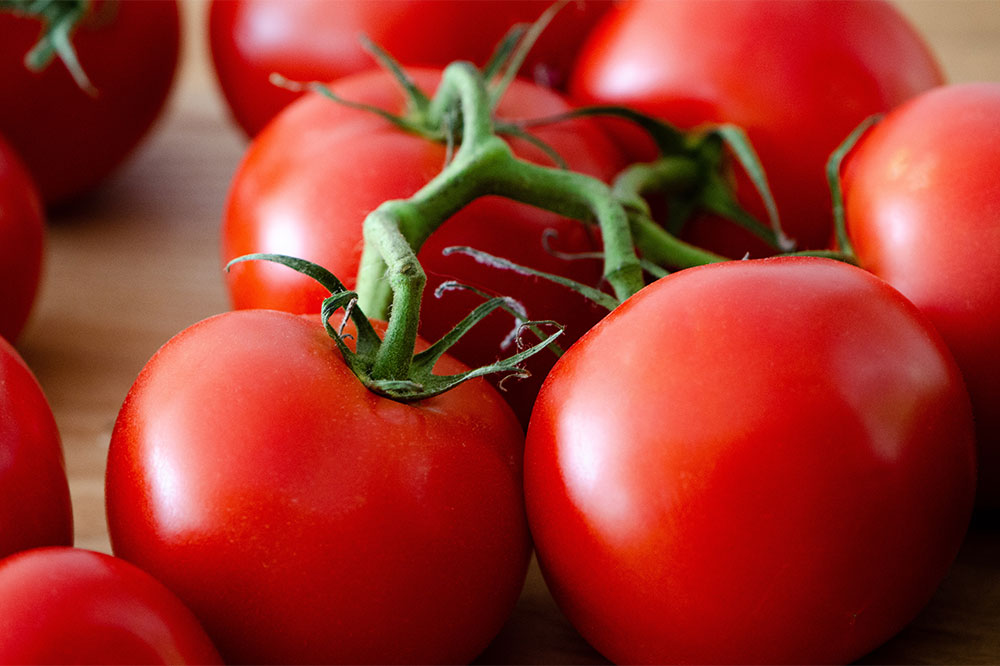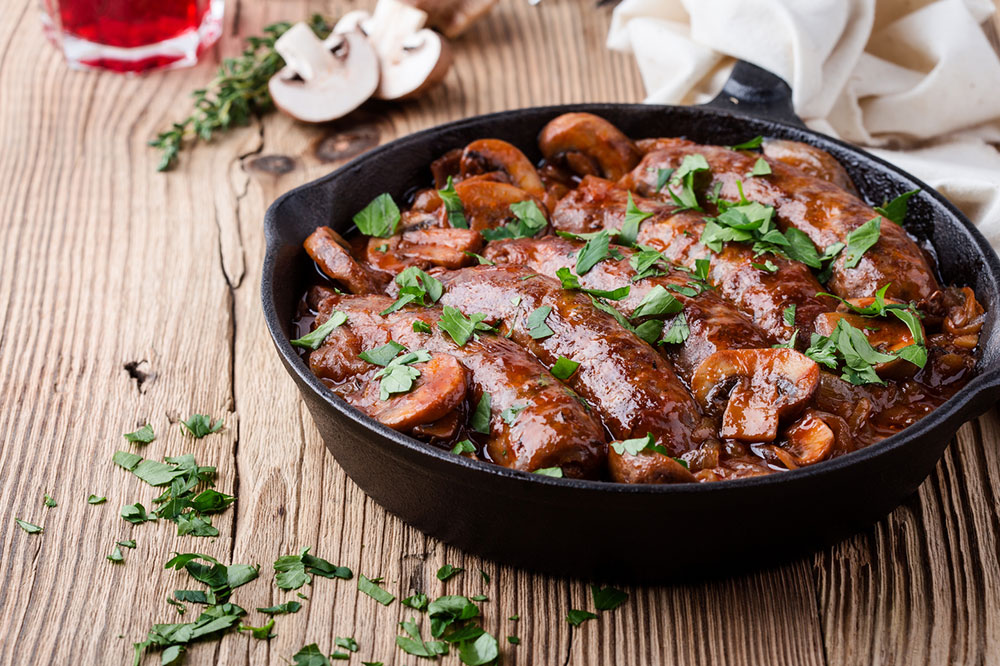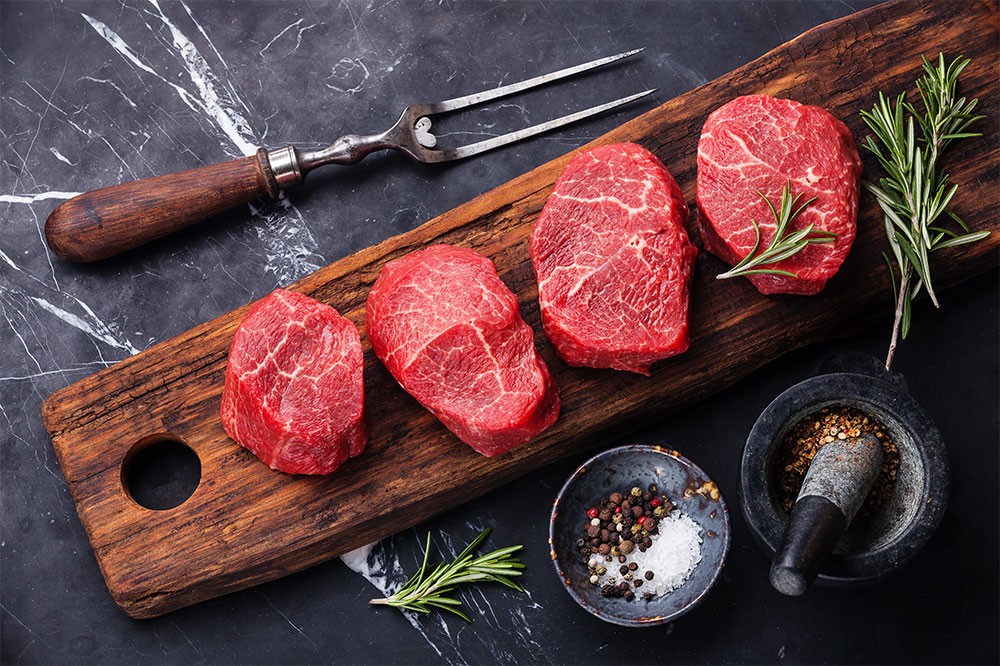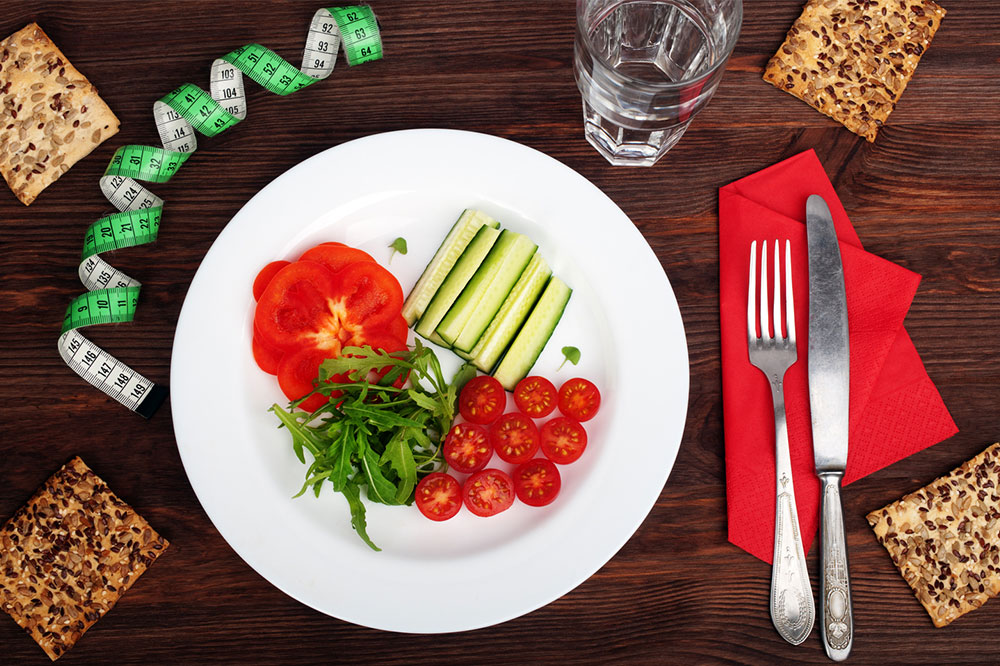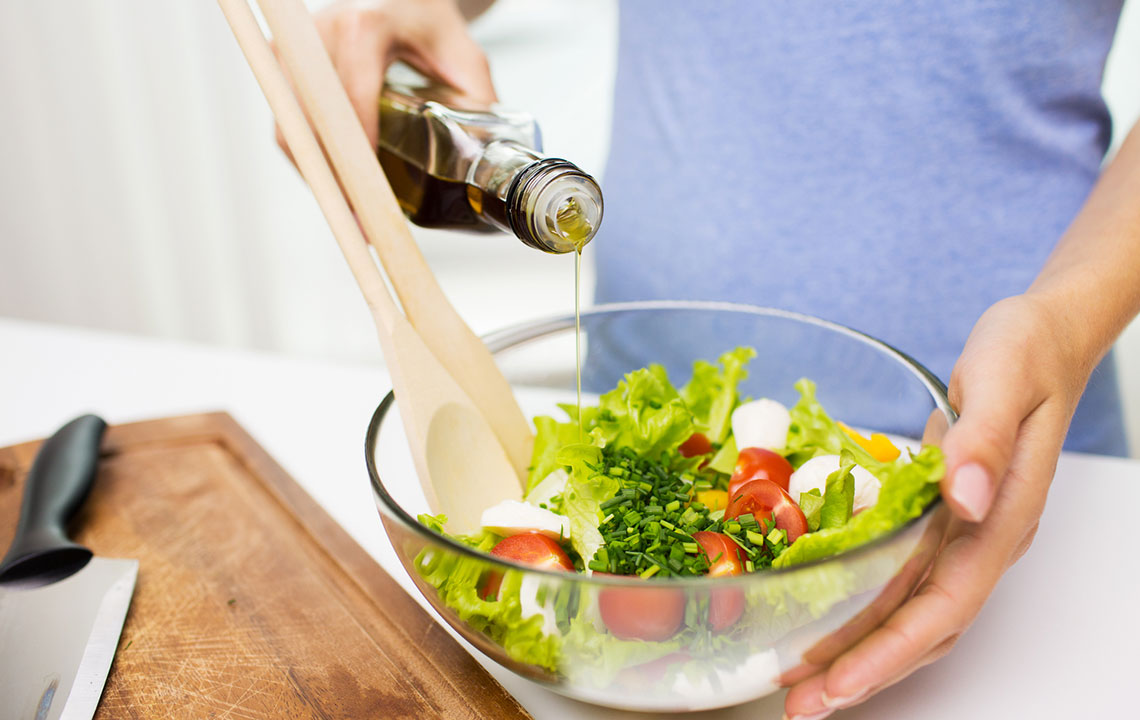Essential Foods to Avoid for Arthritis Relief
Discover which foods to avoid when managing rheumatoid arthritis. Reduce inflammation and joint pain by steering clear of red meat, processed foods, fried foods, gluten, and high-temperature-cooked items. Implementing these dietary tips can improve your quality of life and aid in controlling symptoms naturally.
Sponsored

Key Dietary Avoidances for Arthritis Management
If you are battling rheumatoid arthritis, you likely seek every possible remedy for relief. Interestingly, certain common foods may worsen inflammation and joint pain. Incorporating an anti-inflammatory diet while eliminating problematic foods can help manage symptoms more effectively.
No diet cure exists for rheumatoid arthritis, but a balanced, nutritious diet can reduce flare-ups. Avoiding specific foods known to promote inflammation can make a notable difference in your comfort and overall health.
Start by reducing intake of foods that trigger inflammation and compromise your health. Identifying these foods allows you to minimize pain and improve quality of life. Certain common foods can add unnecessary calories and exacerbate joint inflammation.
Red meat
Red meat tops the list of foods to avoid, as it contains saturated fats that can promote inflammation and contribute to weight gain. It also has high Omega-6 fatty acids, which may worsen arthritis symptoms. Some individuals report significant improvement by limiting red meat and opting for lean cuts to obtain essential nutrients without triggering inflammation.
Refined carbs and sugar
Foods rich in simple carbohydrates such as white flour, pasta, white rice, and sugary drinks cause blood sugar spikes. Elevated blood sugar releases cytokines, inflammatory chemicals that intensify joint pain and swelling. These foods can also lead to weight gain, putting additional stress on joints.
Fried foods
Deep-fried items contain advanced glycation end products (AGEs), toxins that increase cellular oxidation and promote inflammation. Additionally, fried foods are high in unhealthy fats, contributing to obesity and inflammation in the body.
Gluten
Found in wheat, barley, and rye, gluten can trigger inflammation in some individuals, especially those with autoimmune disorders like rheumatoid arthritis or celiac disease. Reducing gluten intake may help alleviate symptoms for sensitive individuals.
Alcohol
While the exact impact varies, excessive alcohol consumption can elevate C-reactive protein levels, a marker linked to inflammation. Limiting alcohol may help reduce joint inflammation and flare-ups.
Processed foods
Pre-packaged snacks and ready-to-eat meals often contain refined ingredients, unhealthy fats, and sugars that can worsen inflammation. Carefully reading labels helps in choosing foods supportive of arthritis management.
Foods cooked at extreme temperatures
Grilled, roasted, or high-temperature processed foods may contain AGEs, which can impair helpful proteins and promote inflammatory responses. Avoiding heavily processed or charred foods can be beneficial for those with RA.
While no specific diet cures rheumatoid arthritis, avoiding these inflammatory triggers can help manage symptoms effectively. Being mindful of your food choices complements treatment efforts and supports overall joint health.

